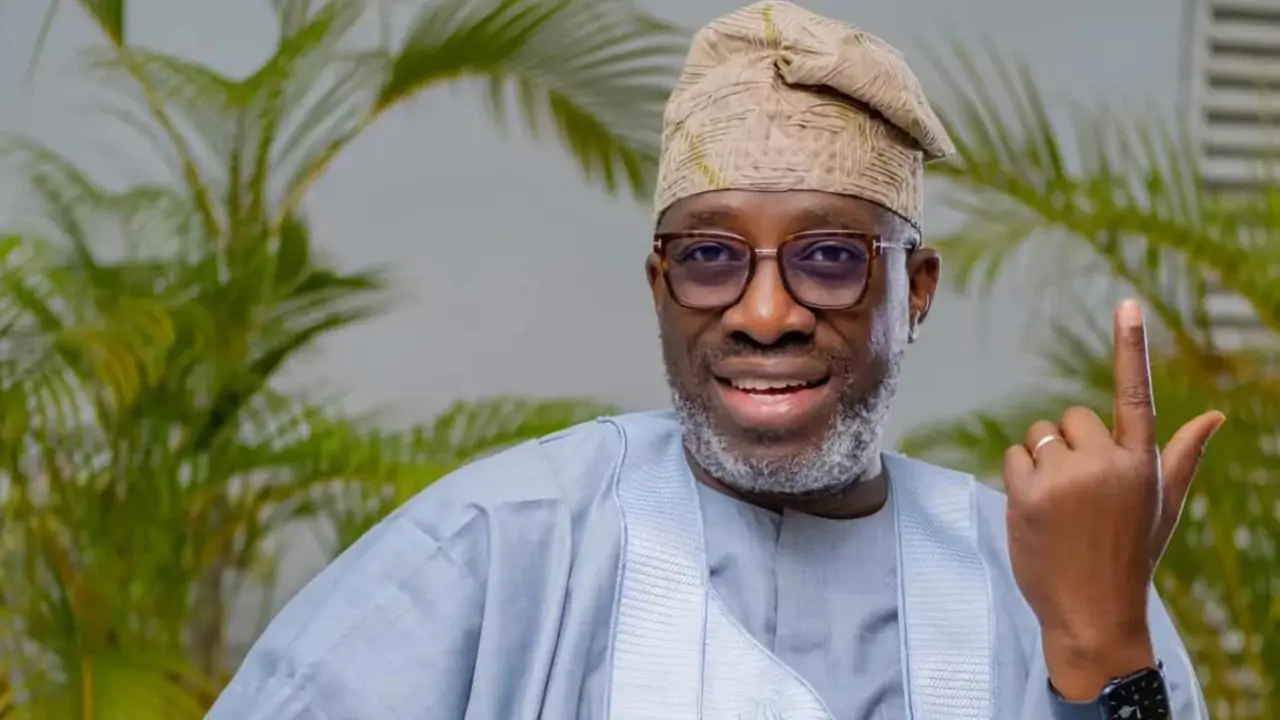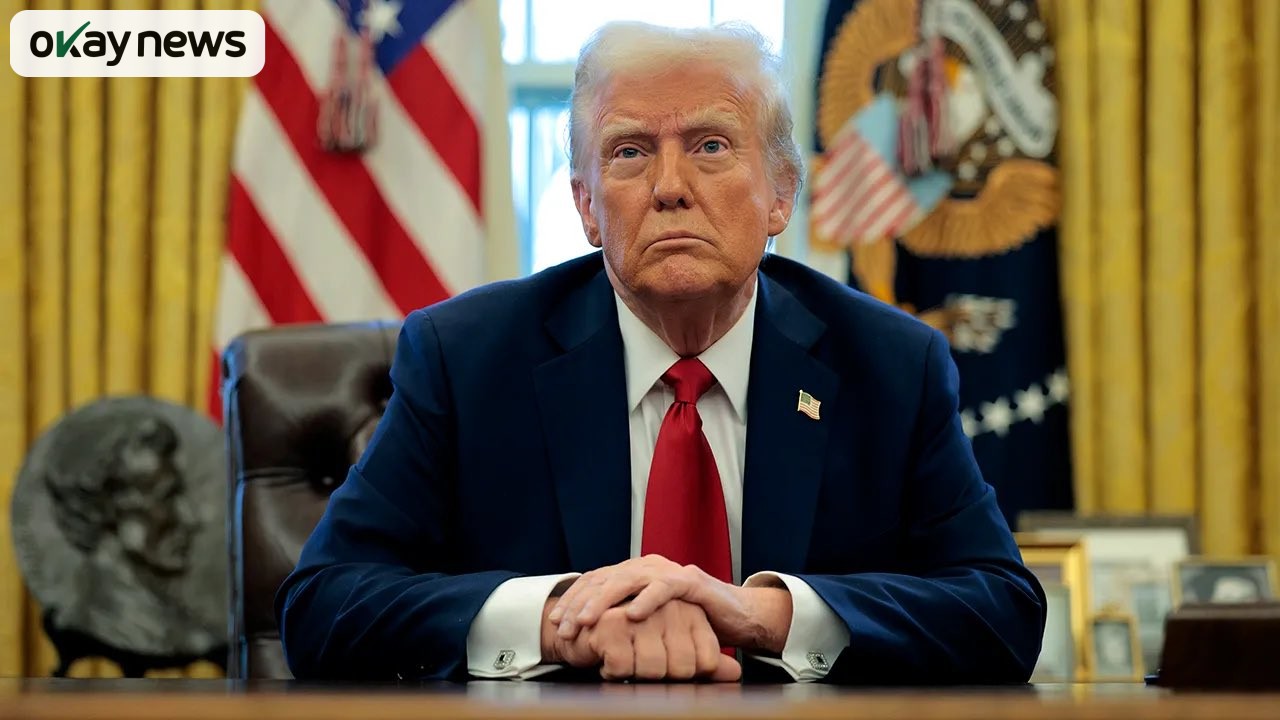Former spokesperson for Atiku Abubakar during the 2019 presidential campaign, Segun Showunmi, has expressed concern over what he described as the declining standards of professionalism and ethics in Nigeria’s broadcast industry. Showunmi made this known through a statement on X (formerly Twitter) on Tuesday night, emphasizing that the nation’s airwaves were increasingly being used to promote bias and confrontation rather than objective journalism.
Writing under the headline “ENOUGH IS ENOUGH: WHEN BROADCASTERS BECOME THE STORY,” Showunmi criticized certain television anchors for abandoning their professional responsibility and turning interviews into personal battles. According to him, the continued tolerance of unprofessional conduct among broadcast presenters threatens the integrity of Nigeria’s media environment.
“When television anchors abandon professionalism for provocation, it becomes the duty of the station’s management to call them to order. But when that failure becomes routine, the National Broadcasting Commission must step in,” he stated. The political figure stressed that while freedom of expression remains a democratic right, it must never be confused with freedom to insult or spread hostility.
Showunmi called on the Federal Ministry of Information and the National Broadcasting Commission (NBC) to uphold regulatory standards that protect public interest and preserve decorum on air. He warned that government institutions must not stand idle while citizens who appear on programs in good faith are subjected to hostility or partisan attacks from broadcast hosts. “The supervising Ministry of Information must not remain a bystander while citizens invited in good faith are subjected to insult, rudeness, partisan aggression, and empty intellectual showmanship,” he said.
He continued, “Let it be clear: freedom of expression is not freedom to abuse. Regulation is not repression; it is the defence of sanity and national interest. The time has come to draw the line.” Showunmi added that while certain conduct might be tolerated from online commentators or private podcasts, the same should not apply to licensed national broadcasters who are expected to adhere to higher ethical and regulatory standards.
According to him, the conduct of some broadcast stations, especially during interviews with government officials, often crosses professional boundaries. “What can be excused from a citizen’s podcast we cannot and must not tolerate from a licensed national broadcaster,” he wrote, referencing recent incidents involving broadcast anchors. He particularly mentioned Arise Television and its anchor, Rufai Oseni, stating that their approach to interviews has breached acceptable professional limits. “The madness must stop. Arise TV and its anchor, Rufai Oseni, have crossed too many lines,” he wrote.
“They cannot continue to constitute themselves into self-appointed prosecutors, judges, and enemies of the state under the guise of journalism. There is a difference between questioning power and attacking the very idea of order,” he added. Showunmi’s comments came shortly after a heated live interview on Tuesday between the Minister of Works, Dave Umahi, and Rufai Oseni, during which arguments arose over the Lagos–Calabar Coastal Highway project’s funding and cost transparency.
However, human rights activist Mahdi Shehu responded sharply to Showunmi’s post, accusing him of hypocrisy and siding with censorship. Shehu stated, “When they appoint you the Director-General of the National Broadcasting Commission, you can shut down Arise if you like. Or even now you can approach President Bola Tinubu to shut down Arise, Premium Times, Sahara Reporters, etc., so that evil will triumph over falsehood for a short while.”
He went further, describing Showunmi as a “sellout” seeking relevance, saying, “When sellouts sell all they have and the proceeds are shrinking, they will seek to look for another opportunity to restock and replenish. Such is the sad commentary of the recanting Segun. Good riddance to a stupid, stinking rubbish.”
The exchange between both men has since fueled wider discussions about the balance between press freedom and ethical broadcasting in Nigeria. Media analysts have stressed the need for both regulatory enforcement and professional restraint to ensure that broadcast journalism serves public interest without degenerating into personal or political confrontations.
Okay News reports that Showunmi’s statement has reignited debates within Nigeria’s media circles over how to balance the principles of free speech with responsibility and national cohesion. Observers note that while journalists must hold public officials accountable, they are also obligated to maintain civility and factual integrity during engagements with guests and government representatives.







